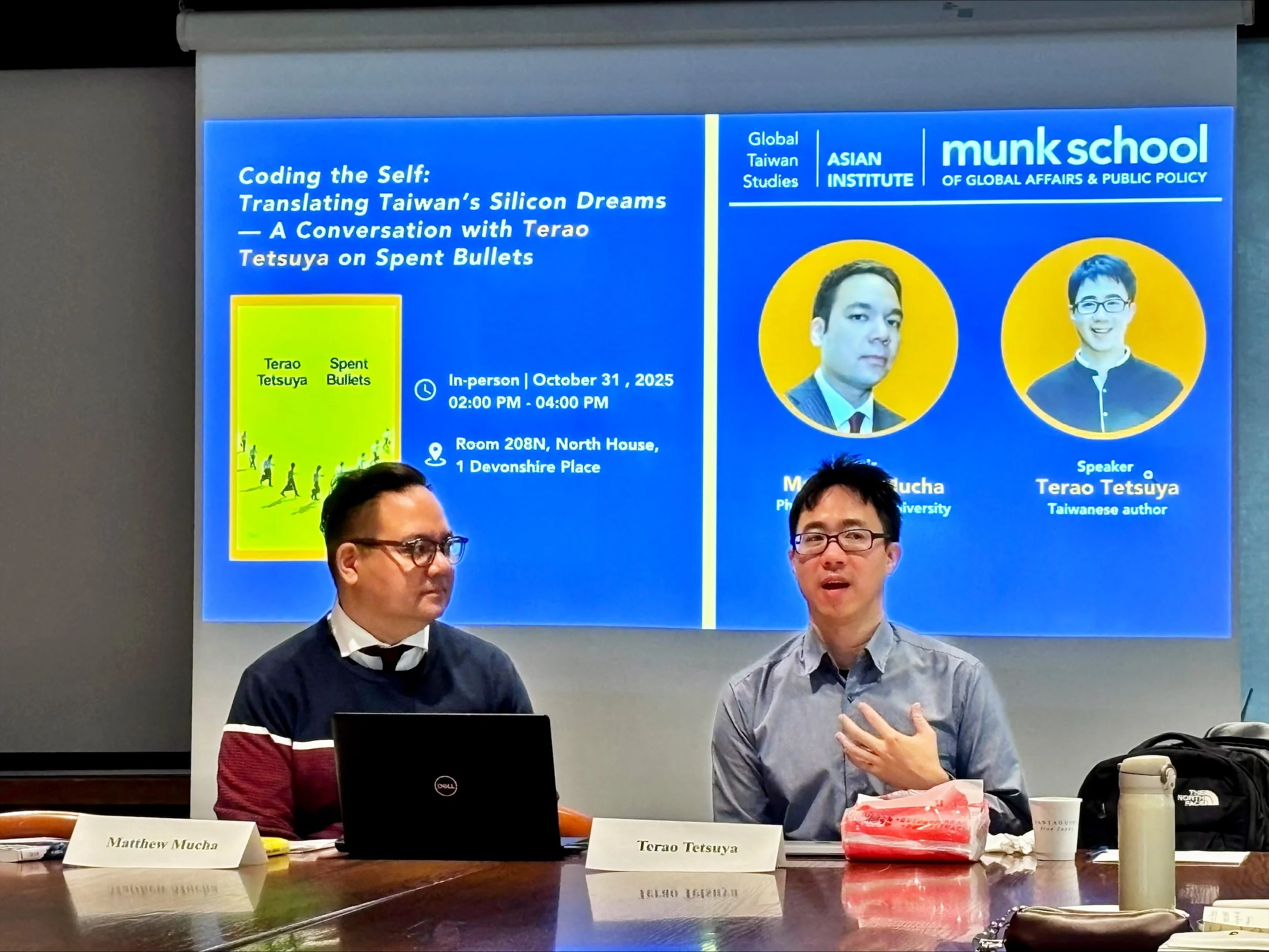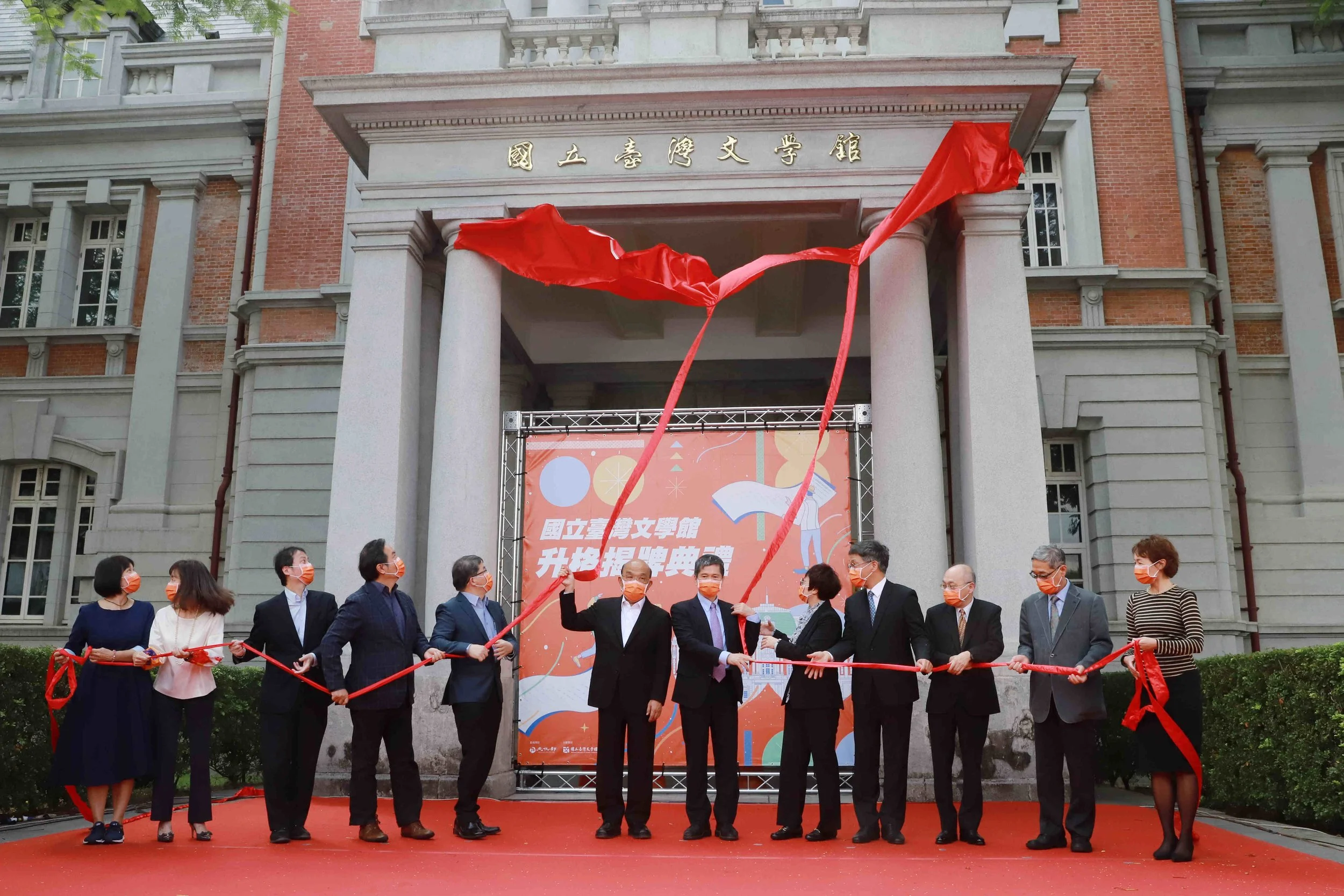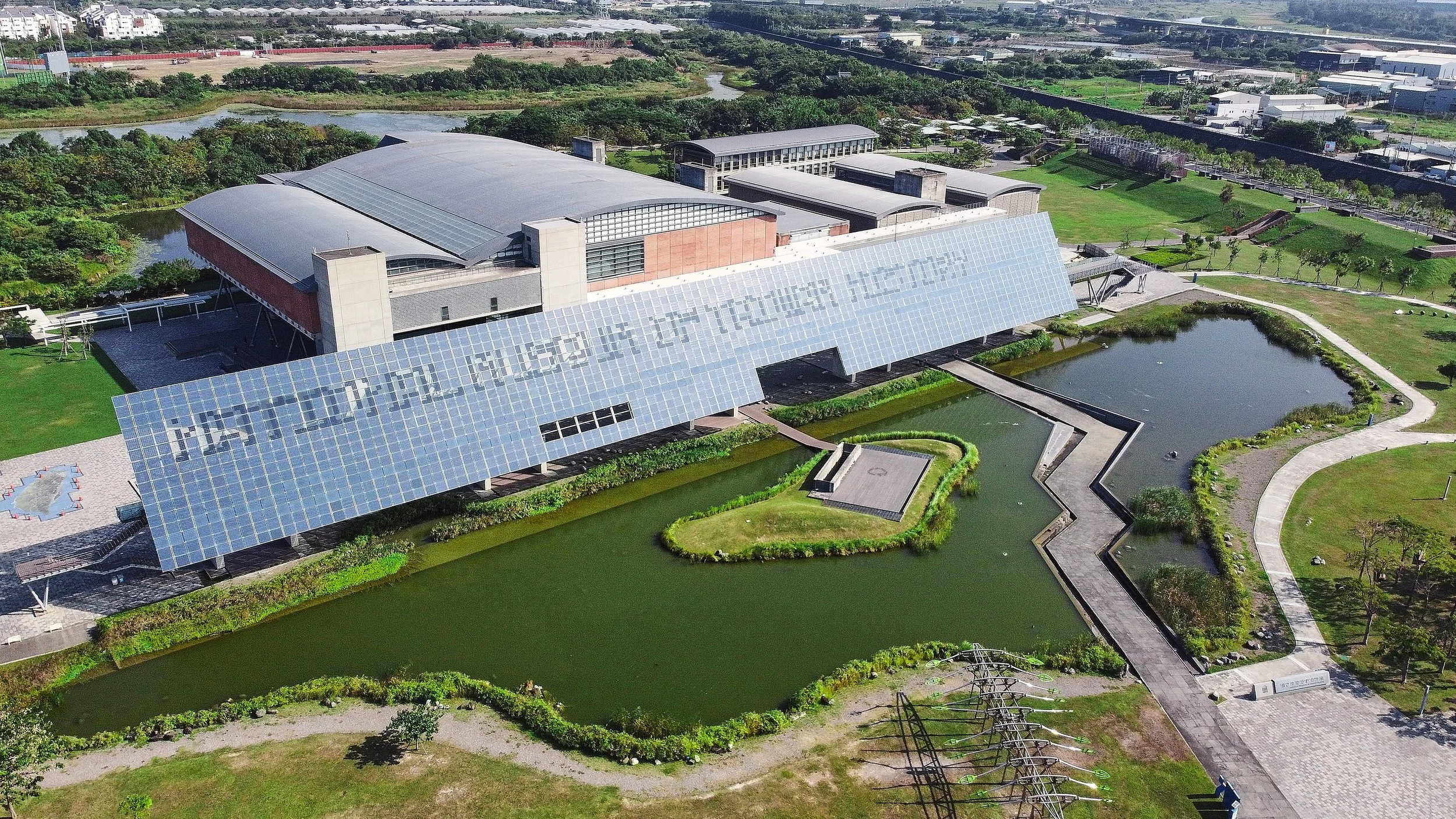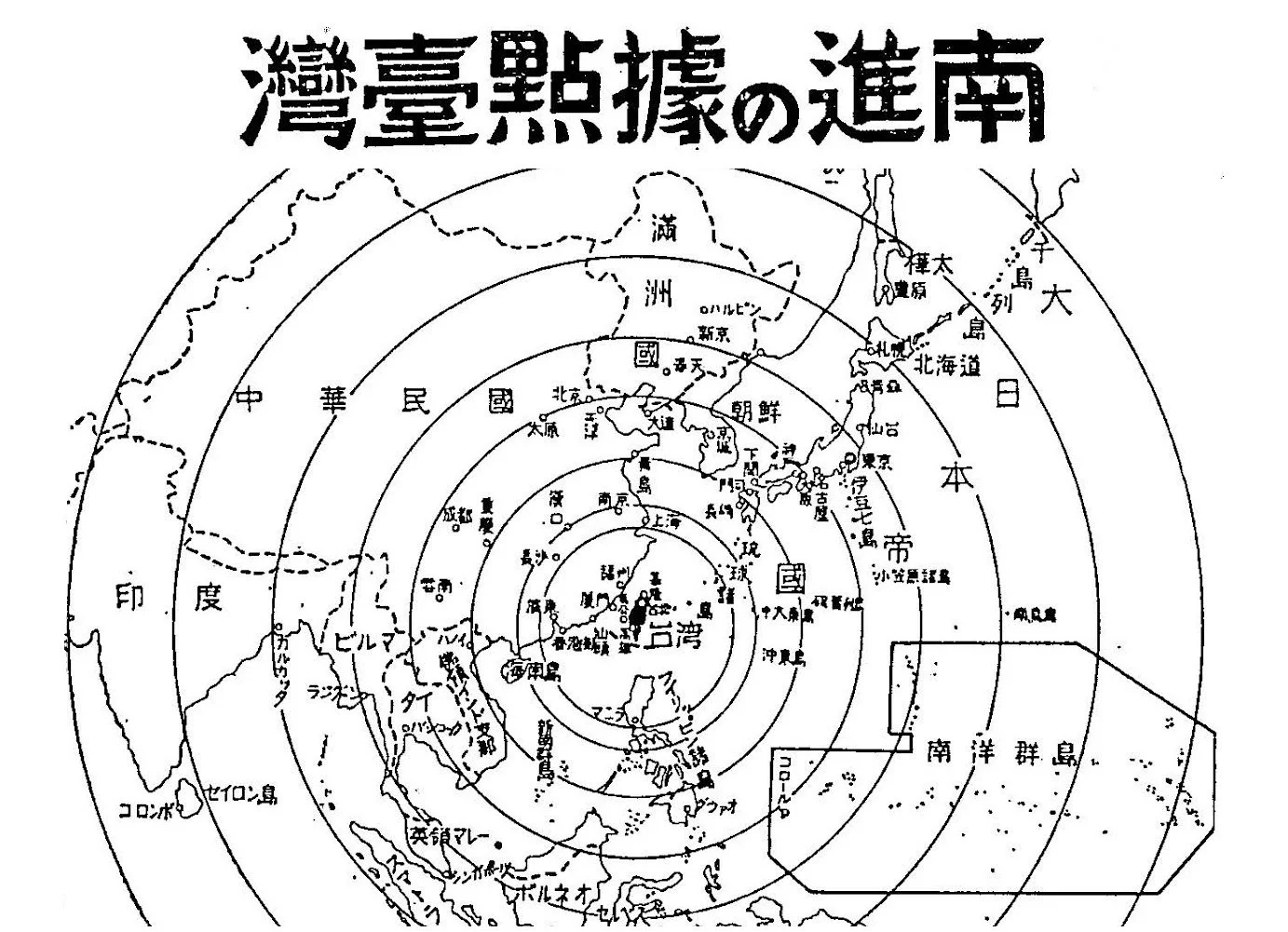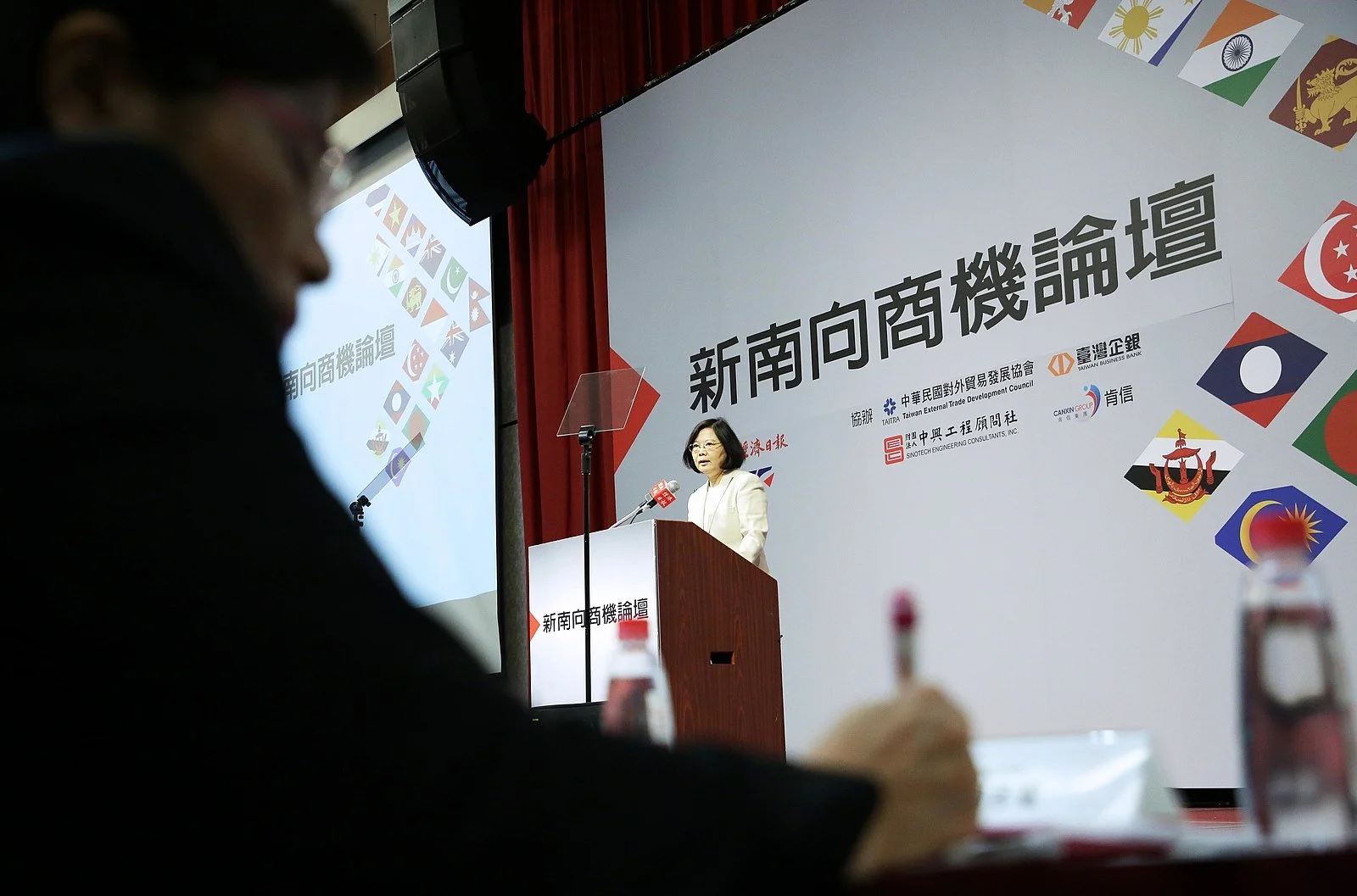The Taiwan Gazette translates and publishes original reporting from Taiwan, Hong Kong and China. Our goal with the platform is simple: We want original reporting from the Sinosphere to have a wider impact on global civil society.
LATEST ARTICLES
ALL
SPECIAL ISSUE:
ENCOUNTERING EVERYDAY LIFE:
TAIWAN IN mUSEUMS
ALL
“Taiwan literature can be conceived of as every single mode of literary expression that has left an existential trace on Taiwan,” said Dr. Shuo-bin Su (蘇碩斌), director of the National Museum of Taiwan Literature. The research, preservation, and promotion of such modes of expression, however, either failed to receive organized institutional support or was subsumed under a China-centered historiographical perspective before the lifting of martial law in Taiwan. The establishment of Taiwan literature as a field of academic inquiry became possible thanks to the political liberalization of Taiwanese society and the emergence of a “Taiwan consciousness” since the 1980s. What might be the challenges and possibilities facing the field of Taiwan literature, then and now? What might be the new directions of the field? This interview features as part of our special issue: Encountering Everyday Life: Taiwan in Museums.
Before the lifting of martial law in 1987, the research, preservation, and promotion of Taiwan literature in Taiwan either failed to receive organized institutional support or was subsumed under a China-centered historiographical perspective. The establishment of Taiwan literature as a field of academic inquiry became possible thanks to the political liberalization of Taiwanese society and the emergence of a “Taiwan consciousness” since the 1980s. What might be the challenges and possibilities facing the field of Taiwan literature, then and now? What might be the new directions of the field? This interview features as part of our special issue: Encountering Everyday Life: Taiwan in Museums.
The field of Taiwan history has gained increasing visibility in academia, both in Taiwan and abroad. Yet the production and dissemination of Taiwan-related knowledge in Taiwan before the lifting of martial law in 1987 faced great difficulty. How did the founding of the National Museum of Taiwan History (NMTH) changed the way we approach Taiwan history? This interview features as part of our special issue: Encountering Everyday Life: Taiwan in Museums.
FEATURED STORIES:
228 AND THE WHITE TERROR
ALL
LUSHENG IN TAIWAN:
CONTRADICTIONS AND ANTICIPATIONS
ALL
INTERVIEWS
ALL
BIG IDEAS COMPETITION:
EXPLORING GLOBAL TAIWAN
Featured


